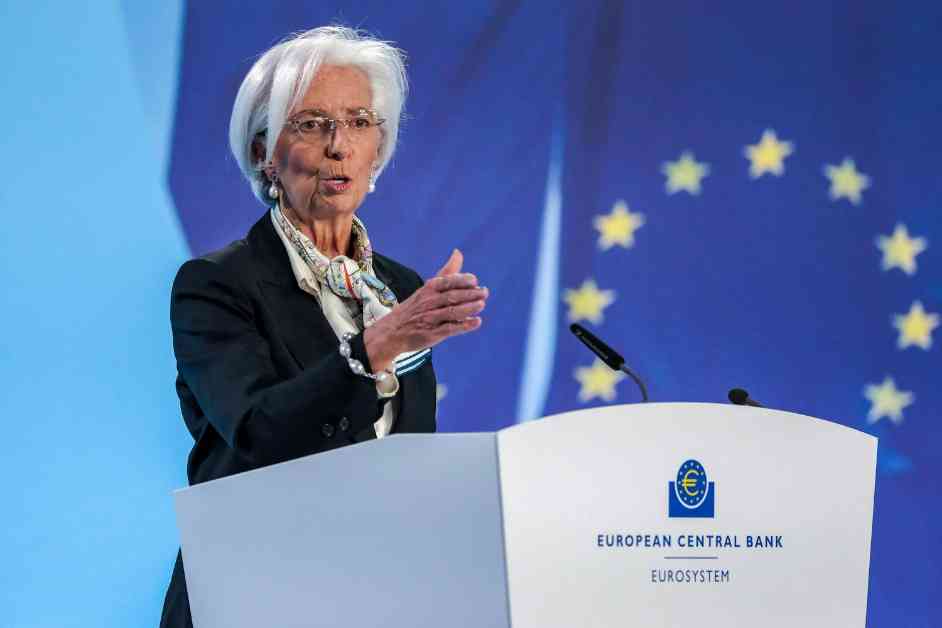Despite the fact that inflation in the eurozone has increased and labor costs rose more sharply this quarter than the previous quarter, the European Central Bank (ECB) has lowered interest rates. Macro-economist Edin Mujagic can only describe this as “bizarre.” According to Mujagic, a lower interest rate is beneficial for eurozone countries with high debts. In addition, the ECB had already announced the interest rate cut in June, so Mujagic believes that many banks had already anticipated it. He feels validated in his opinion because interest rates in the bond market have risen since the interest rate decision. “So apparently, the markets don’t trust it either.”
Pension foundations, on the other hand, are very concerned about the increased costs for participants. The costs for pension funds are rising significantly, causing the funds’ results to decline. Arno Eijgenraam, chairman of the Solidarity Pension Purchasing Power Foundation, points to the transition to the new pension system. “In about three or four years, I expect it to normalize, but at a higher level than we are used to.”
Where we used to be accustomed to ATMs from various banks, they have all been replaced by Geldmaat in recent years. However, these cash withdrawal machines are out of order more often than the legal agreement of 2.5 percent. CEO Peggy Corstens defends this by saying, “Banks no longer want to do it themselves, but cash still needs to be available.” Corstens sees the service her company provides as a social responsibility and believes that this comes with other requirements.
Lastly, the production of electric cars by Volvo Car is being moved from China to Belgium. The Swedish car manufacturer is preparing for the upcoming decision of the European Union, whether to increase import duties for Chinese electric car manufacturers or not, according to the British newspaper The Times, based on insiders’ information.

